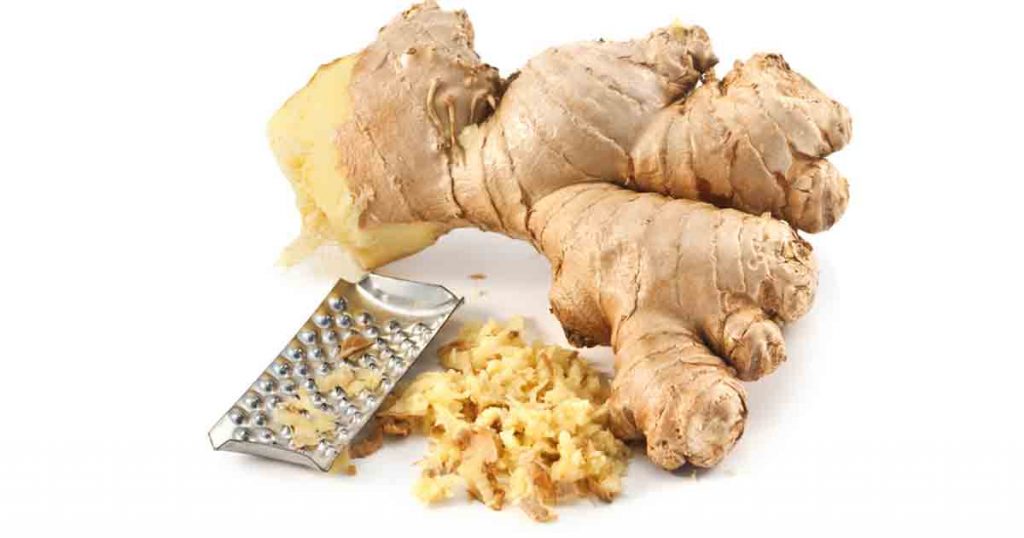Ginger is a spice that has been used for centuries for its array of benefits. It can reduce nausea, muscle soreness, osteoarthritis, menstrual pain, prevent some cancers, and much more. Ginger can be eaten raw, cooked, or in tea form, and it’s tasty, to boot.
The spice contains gingerol, a substance that has antioxidant and anti-inflammatory properties, boosting your immune system’s capabilities. However, not everyone should supplement their diets with ginger. In fact, ginger can aggravate certain conditions and interfere with medications.
Ginger shouldn’t be used as an alternative for medication either, nor should it be used with drugs. If you have any of these conditions, then avoid ingesting ginger.
Low body weight
Ginger can help you lose weight and suppress your appetite. In fact, eating or drinking ginger and following it with a strict diet and workout plan will aid in weight loss.
According to a study published in the journal Metabolism, “The results, showing enhanced thermogenesis and reduced feelings of hunger with ginger consumption, suggest a potential role of ginger in weight management.” When ginger enters the body, it travels through the blood, stabilizing blood sugar, lipid, and cholesterol levels. In the stomach, ginger stimulates the pH of digestive enzymes and helps the intestines break down undigested food.
Eating ginger may be risky if you’re underweight and want to gain weight. The appetite suppressive ability of the spice will cause you to lose more weight or weaken your muscles.
Blood disorders
If you have a blood disorder like hemophilia, which prevents your body from creating clots for wounds, avoid ingesting ginger. According to a study published in the journal PLOS One, “Ginger is a commonly-cited example of an herbal supplement that should be avoided in patients with thrombocytopenia, platelet function defects or coagulopathy, such as populations using ginger for its antiemetic effect in cancer chemotherapy.”
Ginger contains a chemical called salicylate—commonly found in aspirin—that thins blood and improves circulation. While this is great for reducing blood pressure, it can cause big trouble if you have a blood disorder. If you take ginger, then a small wound could hemorrhage or become dangerous.
Taking medications for diabetes or blood problems
If you take anticoagulants, beta-blocker, blood pressure, insulin, or barbiturate medications, beware of ginger. As aforementioned, the salicylate in the spice thins blood, interferes with the blood clotting process, and makes you more susceptible to bleeding.
According to WebMD, “Taking ginger along with medications that also slow clotting might increase the chances of bruising and bleeding.” Ginger affects diabetic medications as well, since it reduces blood glucose levels. If you take insulin medication along with the spice, then your blood sugar levels could decrease, causing hypoglycemia.
Another point to note is that ginger reduces blood pressure. If you take medications to lower blood pressure levels with the spice, then you could develop hypotension.

